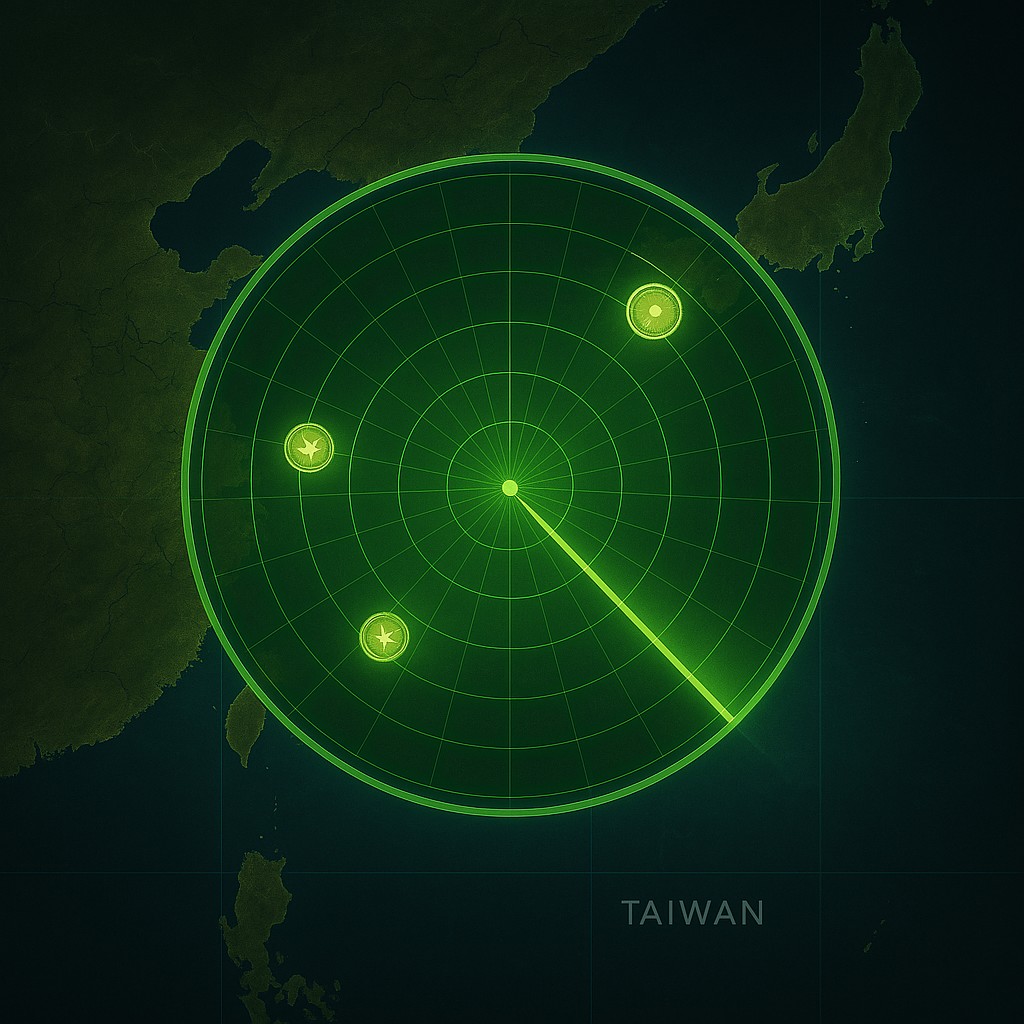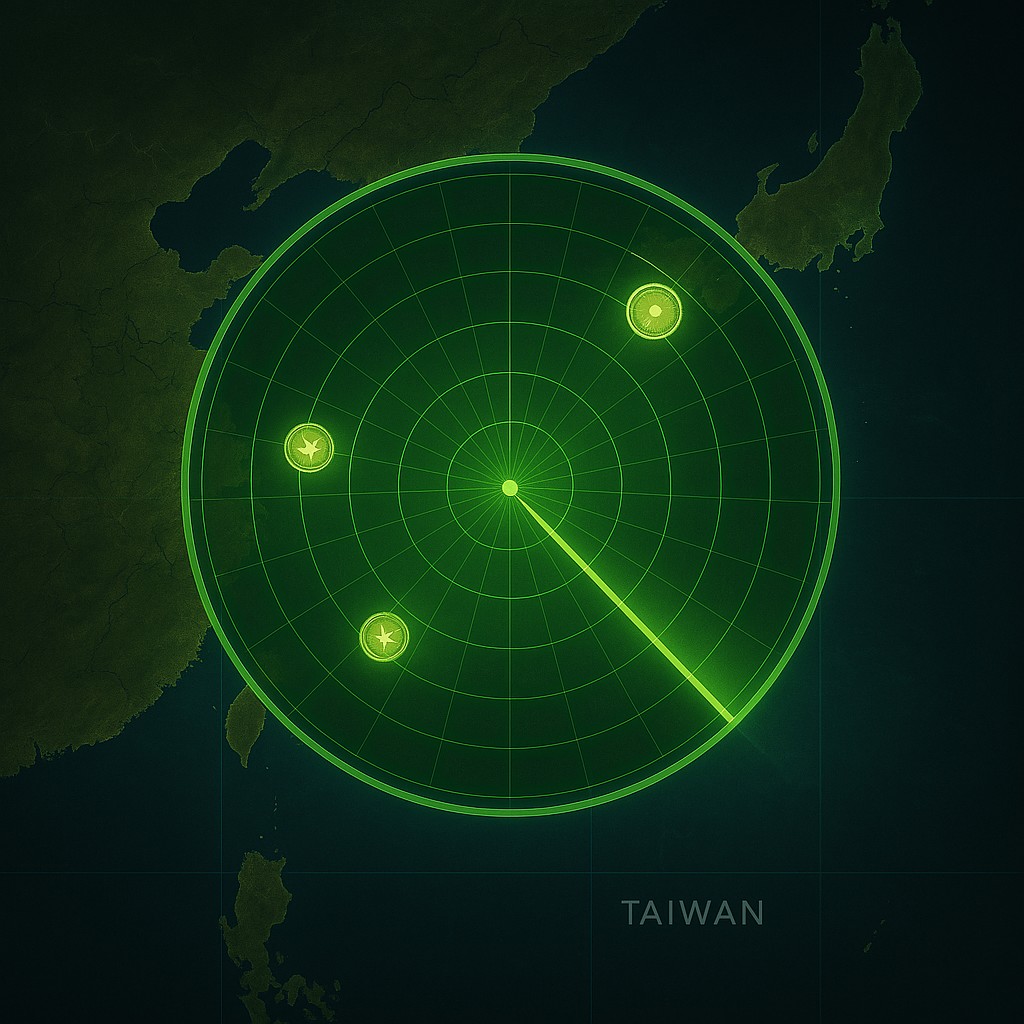
Defense officials in Japan, Australia, and Taiwan held closed-door meetings this week after satellite imagery showed increased People’s Liberation Army (PLA) naval activity just outside Taiwan’s air defense zone. The activity, coupled with PLA cyber probes into Taiwanese infrastructure, has been described by analysts as “dry run drills” for a blockade or rapid escalation.
The U.S. Indo-Pacific Command is reportedly on high alert, with naval assets repositioned in the Philippine Sea. Meanwhile, the Biden administration issued a measured statement urging “restraint on all sides,” a tone that conservatives blasted as weak and disconnected from the urgency on the ground.
Conservative security experts say the time for “strategic ambiguity” has passed. Taiwan, they argue, should be formally recognized as a partner in the Quad alliance and provided with more robust defense systems, including anti-ship missiles and cyber defense assets. Lawmakers on the right are pushing for legislation that would expand military-industrial partnerships with regional allies and expedite joint military exercises.
For leaders in the Asia-Pacific, the looming question is no longer if China will test the status quo, but when. And as one Japanese defense official reportedly told Reuters off the record, “The world isn’t watching. It’s sleepwalking.”



